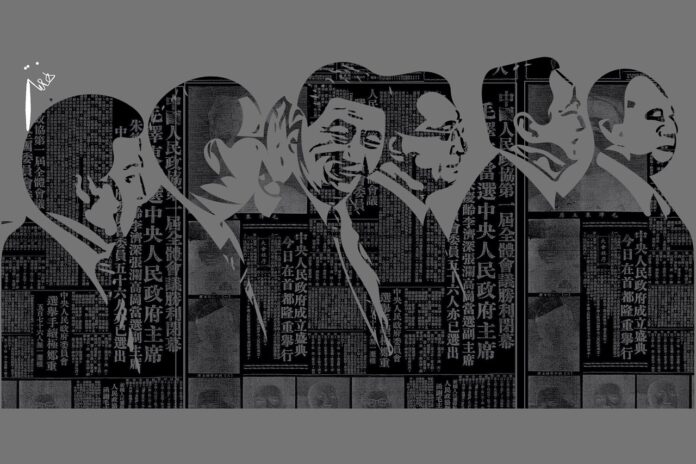On Friday(3/10/23), President Xi Jinping’s bid for an unprecedented third term as China’s leader was given the green light by the country’s political elite, cementing his authority and continuing his rule as the President of China.
Chinese leader Xi Jinping was reappointed as president for the next five years by China’s legislature in an auspicious ceremony at Beijing’s Great Hall of the People. This dramatic display of political support and unity among the ruling elite culminated with unanimous approval from 2,952 members present followed by a standing ovation.
The re-election of Xi Jinping, China’s most powerful leader in decades, was a mere formality after he unlocked the unprecedented feat of being reappointed as head of the Chinese Communist Party last fall. In China, holding office as “state chairman” is primarily ceremonial; true authority rests on two other positions that XI holds – heading both the party and military, which were reaffirmed to him at an important Congress event in October.
Xi Jinping has obtained solid control of power, yet is confronted with multiple issues both domestically and overseas. Three years of stringent Covid restrictions have hindered the Chinese economy’s recovery process; investors are losing trust, and China registered its first population decrease in 60 years signifying an impending demographic crisis.
In recent years, the diplomatic relationship between China and Western countries has severely deteriorated due to Beijing’s abysmal human rights records, military expansion, response to the COVID-19 pandemic, and trilateral ties with Russia. This has caused a series of problems for China from Washington and other capitals in Europe.









